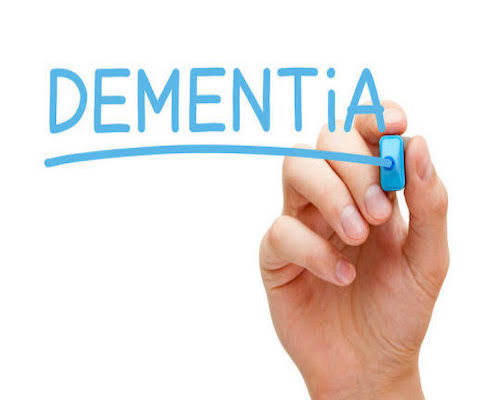Author: Dr Veena Aggarwal, Consultant Womens’ Health, CMD and Editor-in-Chief, IJCP Group & Medtalks Trustee, Dr KK’s Heart Care Foundation of India
India
healthysoch
New Delhi, March 26, 2023:
Individuals with low total body bone mineral density (BMD) and low bone density at femoral neck, may be at least 40% more likely to develop dementia later in life, suggests a new study published online March 22, 2023, in the journal Neurology.1
This study was conducted by researchers from the Erasmus MC University Medical Center in Rotterdam in The Netherlands. For this they selected participants from The Rotterdam Study. None of them had dementia at the time of their enrolment. The average age of the participants was 72 years and one-third of them were female. Data for bone mineral density at the femoral neck, lumbar spine, and total body and the trabecular bone score was collected with the help of DEXA scan between 2002 and 2005. They were followed up for a median of 11.1 years during which they underwent bone scans and assessments for dementia.
Out of the 3651 subjects in the study, 688 (18.8%) developed new-onset dementia; majority of them (76.7%; n = 528) had Alzheimers disease. 1211 participants were found to have low total body bone density. Of these, 90 developed dementia within 10 years, whereas among the 1211 subjects with the highest bone density, 57 developed dementia. After adjusting for confounding factors, participants with the lowest BMD were at 42% higher risk of developing dementia vs those who had highest BMD. Those with lower BMD at the femoral neck, but not at the other sites, were at higher risk of developing all-cause dementia with hazard ratio of 1.12 and Alzheimer’s disease with HR of 1.14.
This study demonstrates a link between low bone density and risk of dementia but does not establish a cause-and-effect interrelationship between the two. Nonetheless, persons with low BMD should be regularly screened for dementia.
healthysoch







